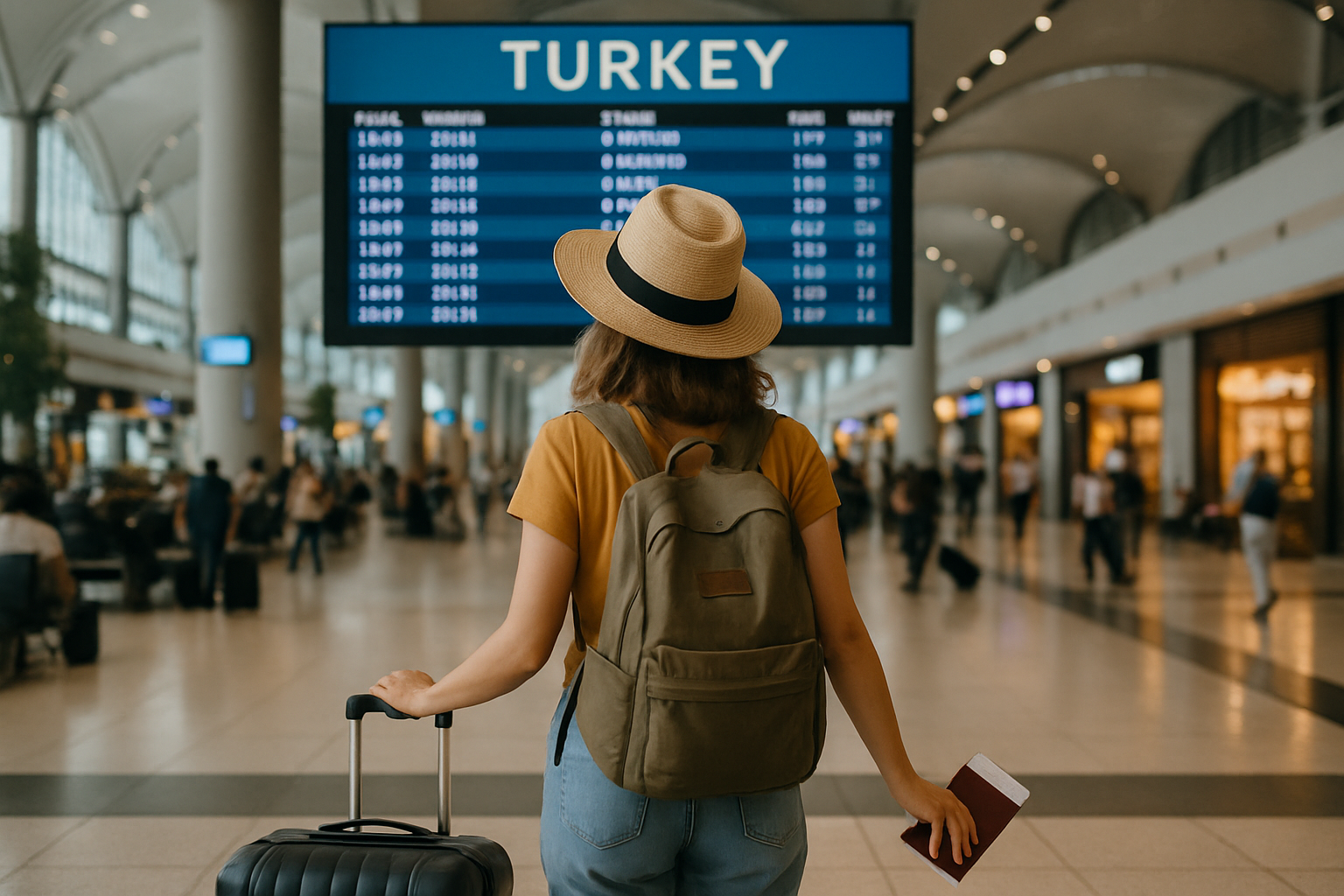Navigating Airports in Turkey: A Guide for Travelers

Moving to a new country brings both excitement and uncertainty, especially when it comes to navigating airports for the first time. Turkey’s airports are among the busiest and most modern in the region, but their size, language differences, and cultural nuances can overwhelm even seasoned travelers. Whether you are arriving as a new expat, visiting family, or planning frequent trips within the country, mastering the airport experience is essential for a smooth start. This guide breaks down everything you need to know, with real-life tips and actionable advice to help you handle Turkish airports with confidence.
Understanding Turkey’s Airport Landscape
Turkey boasts an extensive network of international and domestic airports. Istanbul Airport (IST) and Sabiha Gökçen (SAW) serve as the country’s major global gateways, while cities like Ankara and Izmir also connect Turkey with Europe, Asia, and the Middle East.
- Istanbul Airport (IST): One of the world’s largest, with over 50 airlines and daily flights across continents.
- Sabiha Gökçen (SAW): Popular for budget and regional flights, located on Istanbul’s Asian side.
- Regional airports: Airports like Antalya, Dalaman, and Bodrum serve tourist hotspots.
Knowing which airport best suits your journey saves time and hassle. For example, flying into Sabiha might make sense if your destination is on Istanbul’s Asian side. Similarly, Antalya Airport, with its efficient terminals, is ideal for expats relocating to the Mediterranean coast.
Pre-Arrival Tips: Prepare and Plan Ahead
Turkish airports are well-organized, but preparation minimizes stress, especially if Turkish is not your first language. Arrive at the airport at least 2-3 hours before an international flight, and confirm your terminal by checking your airline’s website.
- Download the official airport app for real-time flight updates and maps.
- Double-check baggage and customs rules to avoid delays.
- Have essential documents ready, including your residence permit or visa.
- Keep important addresses and phone numbers handy, especially your Turkish accommodation.
One practical tip: Many expats print their e-visas and flight confirmations for faster processing. Also, mobile boarding passes are accepted at major Turkish airports, saving time at check-in counters.
Navigating Security, Customs, and Immigration
Security and customs procedures in Turkey are thorough but efficient if you know what to expect. All passengers must clear security checks before reaching the gate. Separate lines for families and those with Turkish residency work to speed up the process.
- Remove electronics and liquids before reaching the scanner.
- Inform staff if you need language assistance – English-speaking officers are present at major airports.
- Keep your residence permit and entry stamp visible for immigration control.
Expats benefit from using eGates available at Istanbul and Ankara, which read Turkish ID cards and residence permits. If you travel with family, look for special assistance points for a smooth transition through the airport. Carrying a small phrasebook or translation app helps with any unexpected questions from officers.
Getting Around Inside the Airport
Turkish airports feature modern amenities, clear signage, and efficient transportation, but distances can be long, especially at Istanbul Airport. Each terminal features:
- Free Wi-Fi with easy social media or passport registration
- Comfortable lounges, often included with international credit cards
- Cafés, restaurants, and currency exchange offices open 24/7
- Prayer rooms and baby care facilities
Istanbul Airport’s internal shuttle buses quickly transfer you between gates, while clear English and Turkish signs guide you to baggage claim, transfers, or exits. For connecting flights, ask ground staff for the fastest routes and check digital monitors for real-time updates. As an example, a transit through Sabiha Gökçen’s compact layout typically takes 30-40 minutes, while Istanbul Airport’s layout may require additional walking time. Packing light and wearing comfortable shoes speeds up your journey.
Exiting the Airport: Taxis, Transfers, and Public Transit
Reaching your final destination in Turkey can seem daunting, but airports offer several convenient options. Yellow taxis, airport shuttles, and public transport routes are all available from main terminals.
- Havabus and Havaist shuttles: Reliable, frequent, and budget-friendly, connecting major city centers and bus stations.
- Metro access: Istanbul Airport’s metro line links the airport to downtown, ideal for avoiding traffic jams.
- Yellow taxis: Official cabs use meters and post estimated fares. Licensed taxi apps such as BiTaksi operate at airports.
- Rental services: Car rental counters with English-speaking staff allow easy pick-up for longer stays.
Make sure you confirm addresses in Turkish for taxi drivers, and check ride-sharing app directions before booking. Some expats recommend pre-booking shuttles if you arrive late at night. For peace of mind, share your route with a trusted friend or family member using your phone’s location-sharing features.
Handling Turkish airports as an expat means adapting to new routines while staying organized. With these practical tips, you can turn arrivals and departures into a stress-free part of your Turkish adventure—leaving more energy for settling into your new life.
